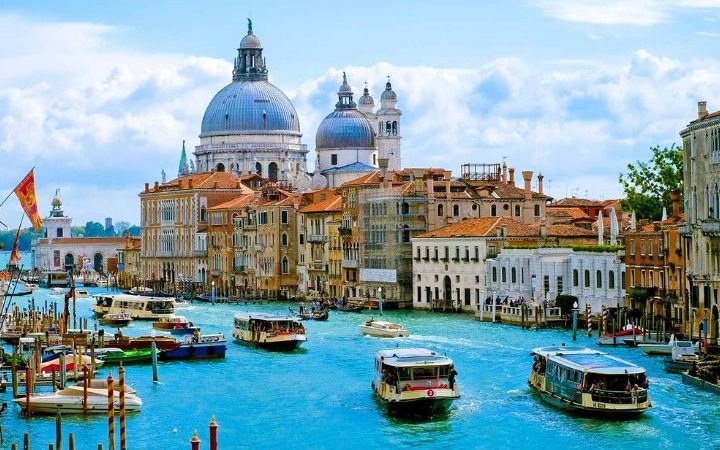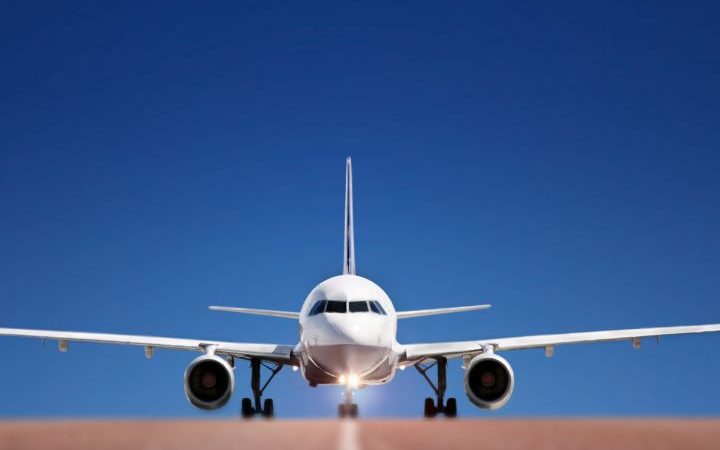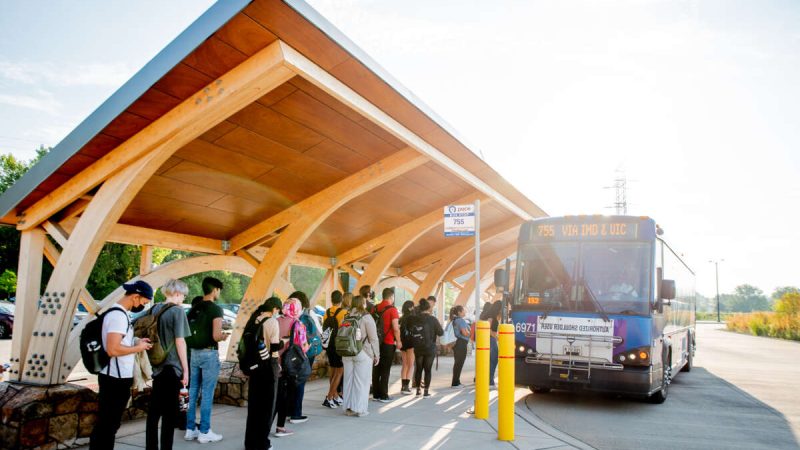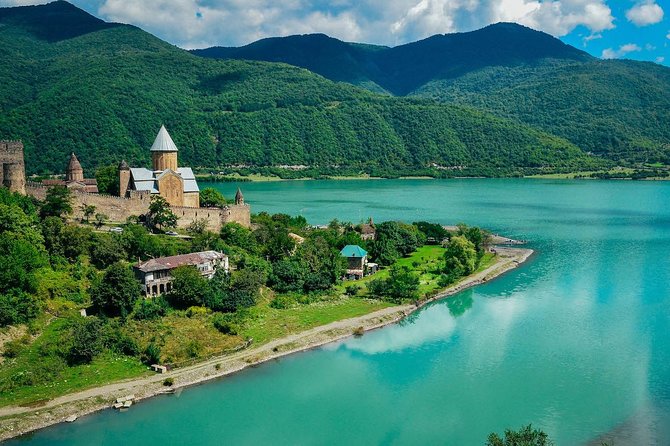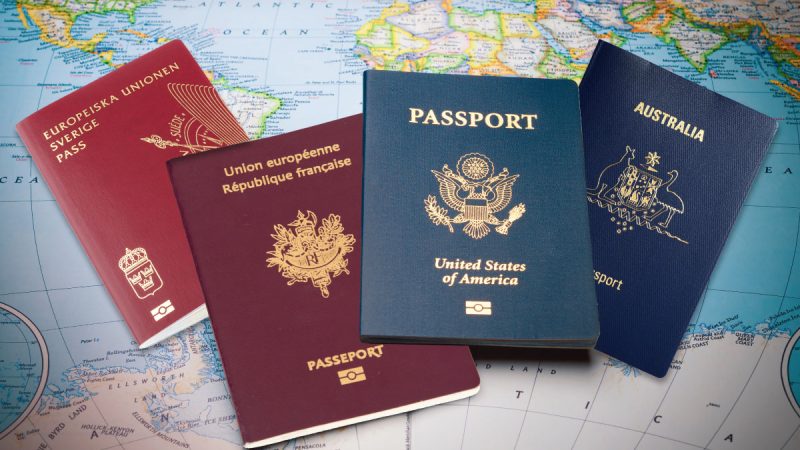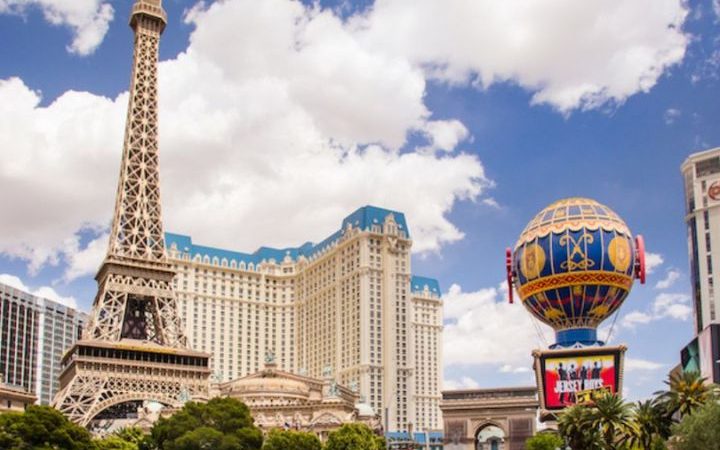Living in Thailand as an Expat in 2025: A Complete Cost of Living Guide
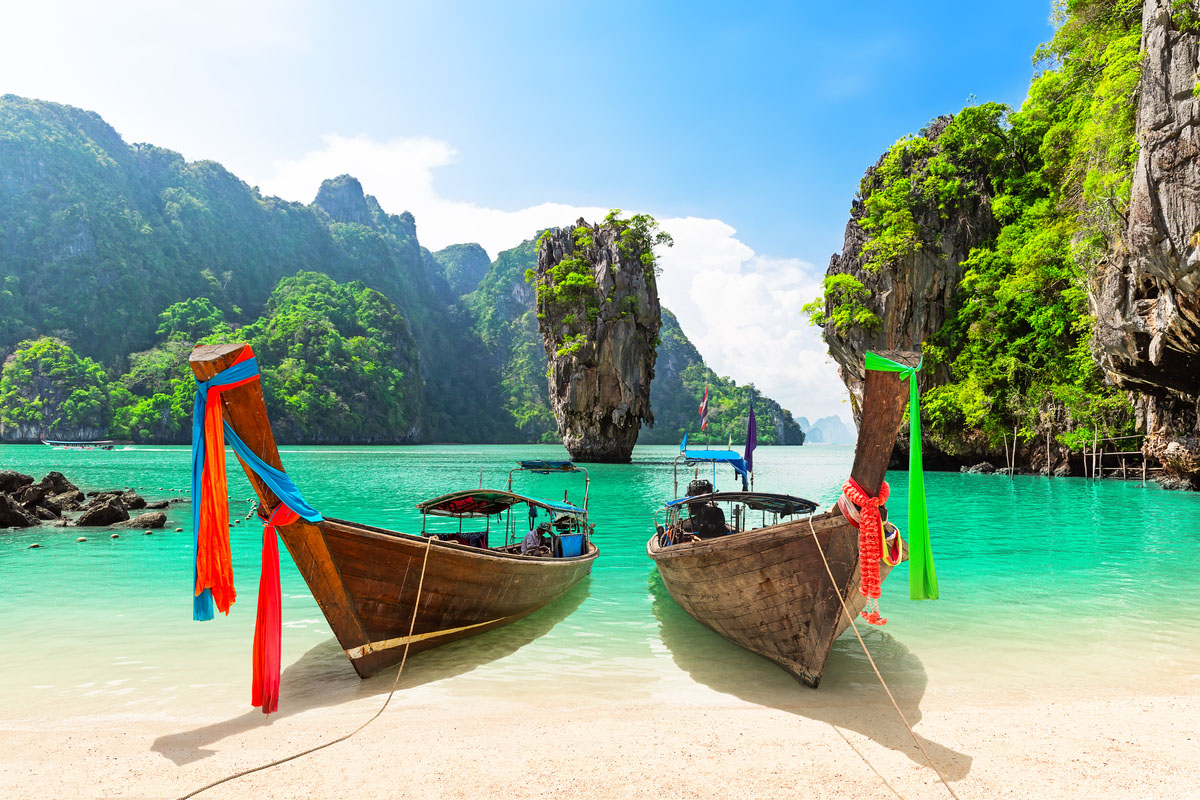
Thailand has long been a favorite destination for expats seeking a balance of adventure, comfort, and affordability. As we step into 2025, the country continues to attract retirees, digital nomads, and professionals looking to stretch their budget without sacrificing quality of life. With beautiful landscapes, world-class cuisine, excellent healthcare, and a friendly culture, Thailand offers a lifestyle that’s hard to beat. This guide explores the cost of living in Thailand for expats in 2025, giving a clear picture of what to expect in terms of expenses and lifestyle benefits.
Living in Thailand as an expat in 2025 continues to be an attractive and rewarding experience, blending modern conveniences with exotic charm. From affordable living costs to vibrant cultural experiences and warm tropical climates, Thailand offers expats an appealing lifestyle, whether you’re a digital nomad, retiree, or professional.
Why Thailand is Ideal for Expats in 2025
Thailand stands out as one of the top choices for expats due to:
-
Low cost of living
-
Excellent healthcare system
-
Tropical climate
-
Vibrant cities and serene islands
-
Thriving expat communities
Whether you choose the hustle of Bangkok, the culture of Chiang Mai, or the beach life in Phuket or Koh Samui, Thailand has something for every lifestyle.
1. Housing and Accommodation
One of the most significant advantages of living in Thailand is affordable housing. Whether you’re renting a modern condo in a bustling city or a bungalow near the beach, the variety is immense.
Bangkok
-
Studio apartment in city center: THB 12,000–25,000/month ($330–$690)
-
1-bedroom outside city center: THB 8,000–15,000/month ($220–$420)
Chiang Mai
-
Studio in center: THB 7,000–12,000/month ($190–$330)
-
1-bedroom outside center: THB 5,000–9,000/month ($140–$250)
Phuket/Krabi/Koh Samui
-
Beachfront house rental: THB 15,000–35,000/month ($415–$960)
-
Shared accommodation: THB 4,000–8,000/month ($110–$220)
Utilities including electricity, water, and internet generally cost between THB 2,000–4,000/month ($55–$110), depending on usage.
Read Also:- Top 8 Must-Visit Places in Georgia From Mountains to the Coast
2. Food and Dining Out
Thailand is world-renowned for its delicious and affordable food. Expats can enjoy meals at:
-
Street food vendors: THB 40–80 ($1–$2.20) per meal
-
Local restaurants: THB 60–150 ($1.70–$4)
-
Mid-range restaurants: THB 300–700 ($8–$20) for two
Monthly Grocery Costs
If you prefer cooking at home, your average monthly grocery bill could range from THB 5,000–8,000 ($140–$220). Imported products are pricier, but local markets offer fresh fruits, vegetables, and meat at low prices.
3. Transportation
Transportation in Thailand is inexpensive and efficient. Options vary by city, but you can choose from:
Public Transport
-
Bangkok BTS/MRT monthly pass: THB 1,000–1,500 ($28–$42)
-
Bus fares: THB 8–30 ($0.20–$0.80)
Motorbikes and Scooters
-
Monthly rental: THB 2,000–4,000 ($55–$110)
-
Purchase (used): THB 25,000–50,000 ($700–$1,400)
Ride-sharing and Taxis
-
Grab (Thailand’s Uber): THB 100–300 ($3–$8) for most city rides
In smaller towns, walking or cycling is also common.
4. Healthcare
Thailand boasts excellent and affordable healthcare, with world-class private hospitals in major cities.
-
Doctor consultation: THB 500–1,500 ($14–$42)
-
Dental cleaning: THB 800–1,200 ($22–$33)
-
Annual expat health insurance: THB 10,000–30,000/year ($275–$825)
Popular hospitals for expats include Bumrungrad International Hospital in Bangkok and Chiang Mai Ram Hospital in Chiang Mai.
5. Visas and Legal Fees
Visa regulations in Thailand are regularly updated, but in 2025, common options for expats include:
-
Tourist Visa (extendable): ~$60 for 60 days
-
Retirement Visa: Requires proof of income or savings (THB 800,000 or $22,000+)
-
Digital Nomad/Long Stay Visa (LTR): THB 50,000/year ($1,380), valid for 10 years with tax incentives
Visa agency services can help with paperwork for ~THB 5,000–10,000 ($140–$275).
6. Entertainment and Leisure
Expats in Thailand enjoy a wide range of activities:
-
Movie ticket: THB 150–250 ($4–$7)
-
Monthly gym membership: THB 1,200–2,500 ($33–$70)
-
Yoga classes: THB 200–400/session ($6–$11)
-
Massage/spa treatments: THB 300–800/hour ($8–$22)
Thailand’s stunning nature offers free or low-cost entertainment too:
-
National park entry: THB 200–500 ($6–$14)
-
Beach trips: Free or minimal cost
-
Hiking and waterfalls: Free in most areas
7. Internet and Mobile
Connectivity is excellent across Thailand:
-
Fiber internet (100–500 Mbps): THB 500–1,200/month ($14–$33)
-
Mobile data plans (unlimited): THB 300–600/month ($8–$16)
Major providers include AIS, DTAC, and TrueMove H.
8. Education (for Families)
If you’re moving with children, international schools are widely available:
-
International school tuition: THB 150,000–600,000/year ($4,100–$16,500)
-
Preschools and daycare: THB 5,000–15,000/month ($140–$415)
9. Typical Monthly Budget for Expats in 2025
Here’s a sample breakdown of a comfortable lifestyle:
| Expense | Low-End ($) | Mid-Range ($) | High-End ($) |
|---|---|---|---|
| Rent (1 BR apartment) | $220 | $500 | $1,000 |
| Food (groceries + eating) | $150 | $300 | $600 |
| Transport | $30 | $80 | $150 |
| Utilities + Internet | $60 | $100 | $150 |
| Health Insurance | $25 | $50 | $100 |
| Entertainment | $50 | $100 | $200 |
| Total (Monthly) | $535 | $1,130 | $2,200 |
10. Most Popular Cities for Expats in Thailand (2025)
🏙️ Bangkok – Ideal for business, nightlife, and access to everything.
🏞️ Chiang Mai – A favorite among digital nomads and retirees.
🌴 Phuket – For a luxury beach life with all modern amenities.
🏝️ Koh Samui / Krabi – For a laid-back tropical vibe.
Top Beach Destinations
1. Phuket
-
Why Visit: Thailand’s largest island, known for luxury resorts, nightlife in Patong, and beautiful beaches like Kata and Nai Harn.
-
What’s New in 2025: Eco-friendly beach zones and digital nomad hubs.
-
Don’t Miss: Big Buddha, island hopping to Phi Phi Islands, and elephant sanctuaries.
2. Krabi & Railay Beach
-
Why Visit: Jaw-dropping limestone cliffs, turquoise water, and quiet beaches.
-
Activities: Rock climbing, kayaking, and visiting hidden caves.
-
2025 Highlight: Wellness retreats and silent yoga camps booming here.
3. Koh Samui
-
Why Visit: Laid-back island life with luxury, spas, and lush nature.
-
Best For: Couples, families, and long-stay expats.
-
Try: Secret Buddha Garden, waterfalls, and day trips to Ang Thong Marine Park.
4. Koh Lipe
-
Why Visit: Often called the “Maldives of Thailand.”
-
2025 Trend: Popular among underwater photographers for coral reefs and diving.
Top Cities to Explore
5. Bangkok
-
Why Visit: A mix of chaos and charm, where street food meets skyscrapers.
-
Top Spots: Grand Palace, Chatuchak Market, Wat Arun.
-
2025 Update: Smart metro expansion makes travel easier + more rooftop bars and skywalks.
6. Chiang Mai
-
Why Visit: Old city vibes, mountains, digital nomad scene, and cheap living.
-
2025 Tip: Base for remote workers and spiritual seekers.
-
Must Do: Visit Doi Suthep, Elephant Nature Park, and Sunday Walking Street.
7. Chiang Rai
-
Why Visit: Home to the White Temple (Wat Rong Khun) and tranquil rural scenery.
-
Emerging 2025 Trend: Cultural tourism and slow travel.
Nature & Adventure Escapes
8. Pai
-
Why Visit: A small, chilled-out town in the mountains near Chiang Mai.
-
Perfect For: Backpackers and yoga lovers.
-
Highlights: Hot springs, Pai Canyon, and bamboo rafting.
9. Khao Sok National Park
-
Why Visit: One of the world’s oldest rainforests.
-
What to Do: Stay in floating bungalows on Cheow Lan Lake, wildlife safaris, cave trekking.
10. Doi Inthanon
-
Why Visit: Thailand’s highest peak and part of a national park.
-
2025 Update: More eco-lodges and tribal experiences are now available.
Final Thoughts: Is Thailand Still a Good Deal in 2025?
Absolutely. In 2025, Thailand remains one of the most affordable and expat-friendly countries in the world. The cost of living in Thailand for expats offers great value for money, especially when compared to Western countries or other Southeast Asian destinations like Singapore or Hong Kong.
Whether you’re seeking a minimalist lifestyle in the hills of Chiang Mai or a beachside retreat in Phuket, Thailand lets you live better for less—without compromising on quality, safety, or enjoyment.

